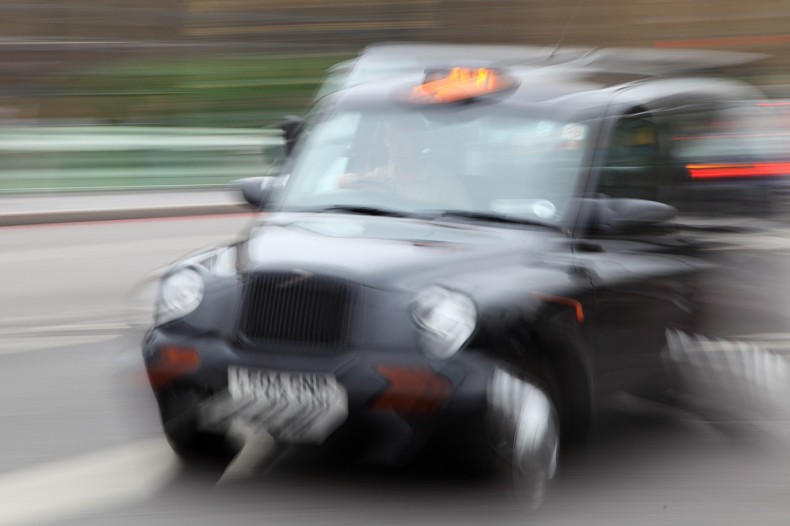The Knowledge is dying but do the would-be Lib Dem GLA candidates understand this?

As a good rule of thumb, the power of computers doubles every two years or so or, to put it another way, halves in price. It is a rough rule of thumb, but one that has turned out pretty accurate for several decades now and does not show any real signs of changing (on which see the transcript of Ben Hammersley’s talk here).
For a striking example from your pocket, consider the portable phone. It is still less than a decade since the first iPhone was launched in 2007. In political terms, we’ve only had two Westminster general elections since then. And yet consider the massive leap in what you can do with your phone alongside the falling price of technology on a like-for-like basis. You can now get an original first generation iPhone for under £100, and something with far more power for not that much more.
The increase in power and fall in prices applies to the semi-artificial intelligence apps too. Think just how far Siri and its rivals have come in just a year or two, and that this technology is being provided for free as an add-on rather than as a new expensive service – and then roll forward another few years of that pace of improvement.
What does this have to do the Liberal Democrat selections for next year’s GLA elections? Simply that already the development of sat nav and related technology makes the value of human knowledge rather dubious for taxi/minicab drivers.
Some tests do show humans having a slight edge over technology when choosing routes, but it’s a thin and intermittent edge. And that’s with current technology and current humans.
By the end of the term of office of the next GLA, humans won’t have got better but technology will have doubled and doubled again. What’s debatable now will be a slam dunk certainty by then – in almost all circumstances, human expertise will be worse and more expensive than technology for choosing and steering along routes.
That produces a real question for Black Cabs, and the protected place of the years of training required for The Knowledge. It is a skill that is rapidly become redundant, if indeed it is not already. Given the years of investment – time and money – that people put into getting The Knowledge, working out how to move over to a world where it is as useful a skill as abacus maker should be a policy priority.
Yet when asked the question at Friday night’s Lib Dem GLA selection hustings about how technological change should impact how Black Cabs are regulated, nearly all of the would-be Lib Dem GLA candidates took pot shots at Uber, praised the role of Black Cabs and saw the only regulatory need as making sure new entrants had to meet the same rules on insurance, tax and so on as Black Cabs.
Only three – Rob Blackie, Ben Mathis and Zack Polanski – gave answers that really reflected the change that technology is making and the sign that Uber’s huge success gives (with a pass for Dawn Barnes who talked about technology change, but of a different sort). The very fact that a company as unpopular and controversial in many respects as Uber is also as successful as Uber is should be taken as a sign not just of knocking it but of understanding how much it is tapping into an unmet demand in the existing setup.
That was the double flaw in most of the other answers. A starting assumption that the way Black Cabs operate is both sustainable and desirable. Doubtless many of the other candidates if asked – or if reading this – would say that of course they understand the world is changing. But that initial instinct is telling: when pressed to give a quick, short answer their way of seeing the issue isn’t one in which technology is destroying the premise for the existing structures.
The smarter starting point would be to appreciate that the core of the Black Cab approach – The Knowledge – is being made redundant by technology, and that the popularity of controversial rivals shows that what people want is much more than what Black Cabs provide.
Defending Black Cabs as if the future just needs their defence will end up doing London’s cabbies a big disservice, just as the trade union activists who opposed modernisation of many industries in the 1970s ended up being the enemy, not the friend, of their industry. The true friend sees the change that is coming and helps manage it, not attempt to resist the tide of technology, fail and see their cause drowned in the flood.
Leave a Reply